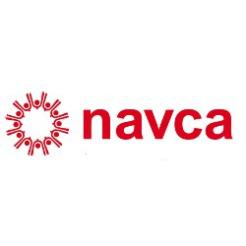Navca has blamed the trend of replacing grants with contracts for increasing red tape for small sector groups, in its submission to the BIS Task Force on cutting bureaucracy for the small charity sector.
This week, Navca has responded to the BIS Task Force on lightening the regulatory burden for the small voluntary sector.
It lists the top five burdens that Navca members say hinder them, which includes disproportionate reporting and disproportionate funding applications.
The report blames contracts for exacerbating the problem of disproportionate reporting and funding applications, and says:
“Reversing the trend of replacing grants with contracts would reduce red tape.”
Duplicate reporting to the Charity Commission and Companies House is also listed as a burden. Navca complains that the Charitable Incorporated Organisation (CIO) which was meant to be created to address this problem, is still not available for charities to adopt.
Criminal Records Bureau checks are also criticised, along with the requirement to get a Temporary Event Notice under the Licensing Act 2003. Navca says this places unnecessary burden on the smallest charities:
“Members have told us of cases where volunteers have been prosecuted for including a bottle of wine as a raffle prize in a local charity fundraising event without having the required Notice,” said Navca. “Charities should be permitted to sell alcoholic drinks and offer alcohol as prizes in fundraising events without restriction.”
Navca publishes new model document
Elsewhere, Navca has launched a model for governing documents, which takes the Charity Commission’s statutory version and tailors it for local support and development organisations.
Navca’s new model memorandum and articles of association (mem and arts), which has been published in written and podcast form, is fully compliant with the Charities Act 2006 and the Companies Act 2006 and has been adapted to fit better with the work of local and support development organisations.
The model sets stricter limits on the financial benefits that trustees could gain than are required by current legislation and sets the maximum number of trustees at 15, advising: “With too many trustees, you may find that smaller decision-making groups form, which undermines the collective coherence of your board.”
It also strongly recommends that local support and development organisations are incorporated as a company, as well as having charitable status, so the company can employ staff, own property, enter into contracts, and sue or be sued in courts, rather than individual management committee members being responsible for these functions.
To view the new model click here.









